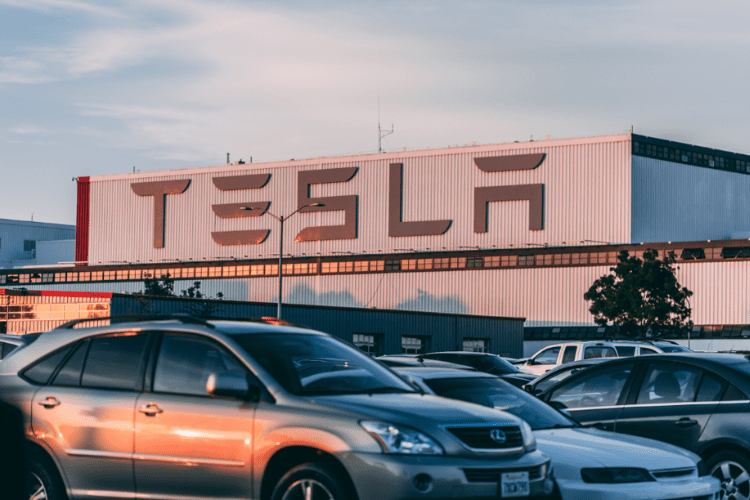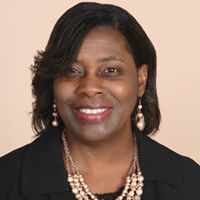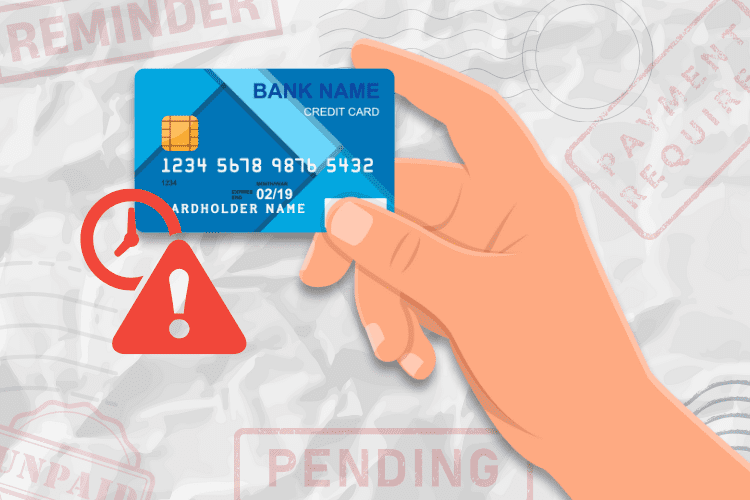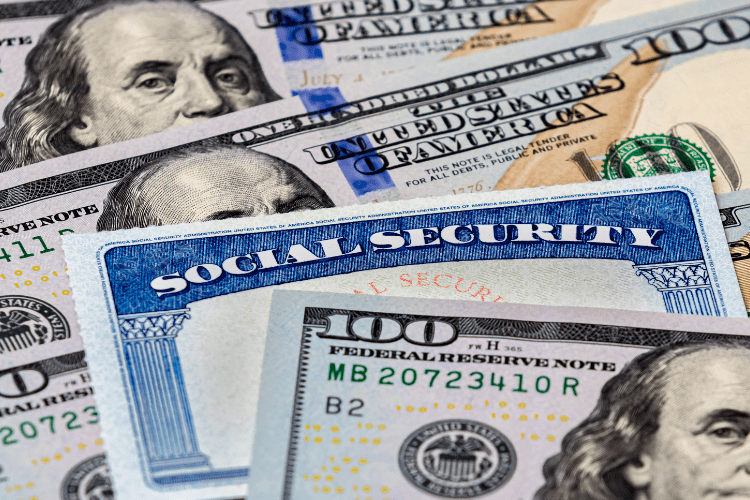Hyundai and Kia Adoption Ignites More Power for EV Owners

Apart from what many would think, Elon Musk didn’t invent the first electric car. Some version of an electric car has existed since the early 1800s. However, Elon Musk brought them back to life and revolutionized the industry.
Tesla made its mark in the industry in 2008 when gas prices were on the rise and the country was looking for an escape from extremely high gas prices, and he has never looked back. In fact, the other car manufacturers are now jumping on board his EV bandwagon. If you’ve been considering purchasing an electric vehicle but have been concerned about the capacity to power up, thanks to Elon Musk’s promise, your worries are over.
Elon Musk’s Promise Made Good
Elon Musk, no doubt, set the standard for electric vehicles, and Tesla’s Supercharger network is recognized worldwide as superior to other third-party EV charging stations. The company boasts of having 45,000 Superchargers worldwide, with 12,000 located throughout the U.S. Until recently, Tesla Superchargers were exclusive only to Tesla owners.
What started as a promise from Musk in 2014 to open-source Tesla’s patents and technologies to accelerate and boost EV adoption later turned into an announcement in 2022 that it would open its EV charging connection and protocols to any automaker that wanted access to it.
How This Impacts Car Buying
If you’ve been concerned about purchasing an electric car due to limited charging networks throughout the country, you no longer need to. While other charging EV stations have struggled with software glitches and faulty chargers, many automakers have adopted Musk’s North American Charging Standard (NACS). Some early adopters include Ford, GM, Rivian, Volvo, Polestar, Nissan, Mercedes-Benz, Jaguar Land Rover, and Fisker. In most recent news, Hyundai and Kia have just announced that they, too, will be adopting the NACS.
All electric vehicles made in 2024 and later will incorporate Tesla’s NACS technology, which will give them access to those 12,000 Tesla Superchargers across the country. By the fourth quarter of 2024, all EVs will be manufactured with this compatible adapter, giving them access to DC fast charging on the go.
But that’s just the beginning. Hyundai and Kia are also included in a joint venture with other automakers (BMW, GM, Stellantis, and Mercedes-Benz) to develop a larger network of fast EV charging stations across the country. The alliance will build 30,000 new, high-powered EV chargers by 2030, with the first to open during the summer of 2024.
The future of electric car buying looks promising and could render car owners more affordable when it comes to hitting the road with a full electric charge versus a full tank of gas. This only begs one question: will Volkswagen and Toyota eventually come on board?
What About Current EV Buyers?
So, what about electric car owners who don’t have Teslas? Our sources say don’t trade your vehicle just yet. Hyundai says that owners of their existing nine EVs will also get access to the Tesla Superchargers via adapters starting in 2025. How much will the adapters cost? That information has not yet been announced.
The Bottom Line
While the gas price today may not be as high as in 2008, most would agree it still costs a lot to fill the tank. Hyundai and Kia joining the ranks of automakers adopting the NACS gives vehicle owners more power to exercise their fill-up options: by gas or electricity.
Read More:










